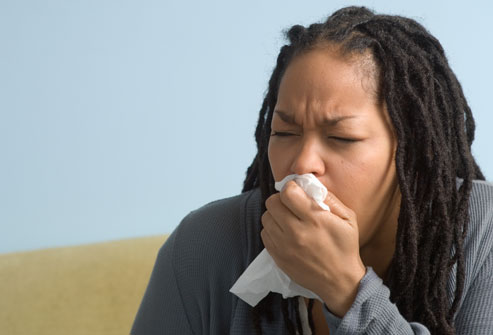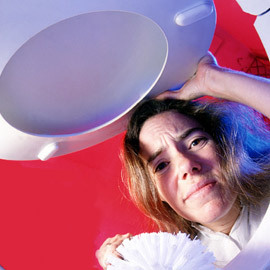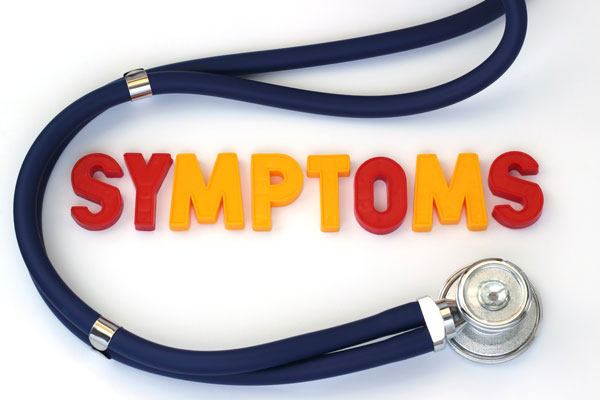As a continuation from the last post, today I’ll share even more symptoms that may not appear worrisome but could actually be early warning signs of cancer.

Chronic cough
Cough is quite a common symptom and probably one of the least worrisome ones. So understandably, it could be weeks before someone grows distressed at their persistent cough. A persistent cough without other symptoms suggestive of a cold is a red flag. As much as lung cancer is strongly associated with smoking, non-smokers can also get lung cancer and this can present as a chronic cough. Several other cancers can also lead to pleural effusion, which itself leads to a chronic cough, as well as shortness of breath and a feeling of tightness in the chest.

Post menopausal bleeding
One of the things that comes with age in women is menopause. This can come with mixed feelings. Some women look forward to that time when they don’t have to bother with Aunt Flo and her monthly visits and all the wahala that comes with that time of the month.
Menopause occurs around age 50years on average. What usually happens is that periods may become irregular and then cease completely.
Any woman who suddenly begins bleeding again, even lightly, should see a doctor immediately. While light spotting after menopause is not uncommon, it may be a sign that there is an issue, as it’s not natural at that point. Polyps and a thinning of the endometrium are common causes of such bleeding while medications such as blood thinners could also cause it. However, uterine cancer and some other forms of cancer could also be the cause.

Blood in the stool
Any time blood is involved in a medical issue, it’s usually cause for concern. That’s also the case when it comes to blood being present in the stool. This may not be very obvious as the blood may not always appear bright red; rather, it could give the stools a dark, tarry appearance. Bloody stools could be the result of hemorrhoids or ulcers, or from passing a large, hard stool, which can tear the lining of delicate tissue inside of the anal canal. Bloody stools could also indicate the presence of colon cancer. Therefore if you notice a change in the appearance of your stool and you’re not sure if there’s blood present or not, it’s best to see a doctor and get your stool tested.

Breast changes
Regularly examining your breasts, feeling, touching and looking is very important as it helps you get completely familiar with your breasts, this was any changes no matter how slight can be picked up early.
The breast can undergo several changes after breast cancer has taken root, including the size and shape of one or both of the breasts changing. The skin of the breast can also become dimpled and take on a pink or dark red tone. Women’s nipples can also display signs of breast cancer, including the nipple, becoming inverted or exhibiting a scaly texture. There may also be fluid discharge from the nipples. Such changes may not always mean cancer but it’s always best to see a doctor.

Skin changes
The skin is the largest organ of the body. Head to toe we are covered in skin and so any body part can actually be affected by skin cancer, so it’s important to also take note of skin changes.
In fact, skin cancer can even develop in places one would never expect (or that aren’t even technically skin at all), such the irises of our eyes and under our fingernails. It most commonly manifests as moles or other marks on the skin, which tend to grow larger and darker with time. If you or anyone else notices a new mark on your body, be sure to monitor it. Birthmarks which start to change in shape or size could also be suspicious and should be reported to a doctor for a skin biopsy.
There’s a high chance that everyone reading this has lost at least one person to one form of cancer or the other. Cancer can be quite a devastating disease, and it’s important to do all we can to detect any problems that may lead to cancer as early as possible.
Many of these symptoms may seem pretty ordinary. And some people may consider you an alarmist for always having symptoms to report, but remember that early detection saves lives and feel free to show up at your doctors office whenever you have a concern.






